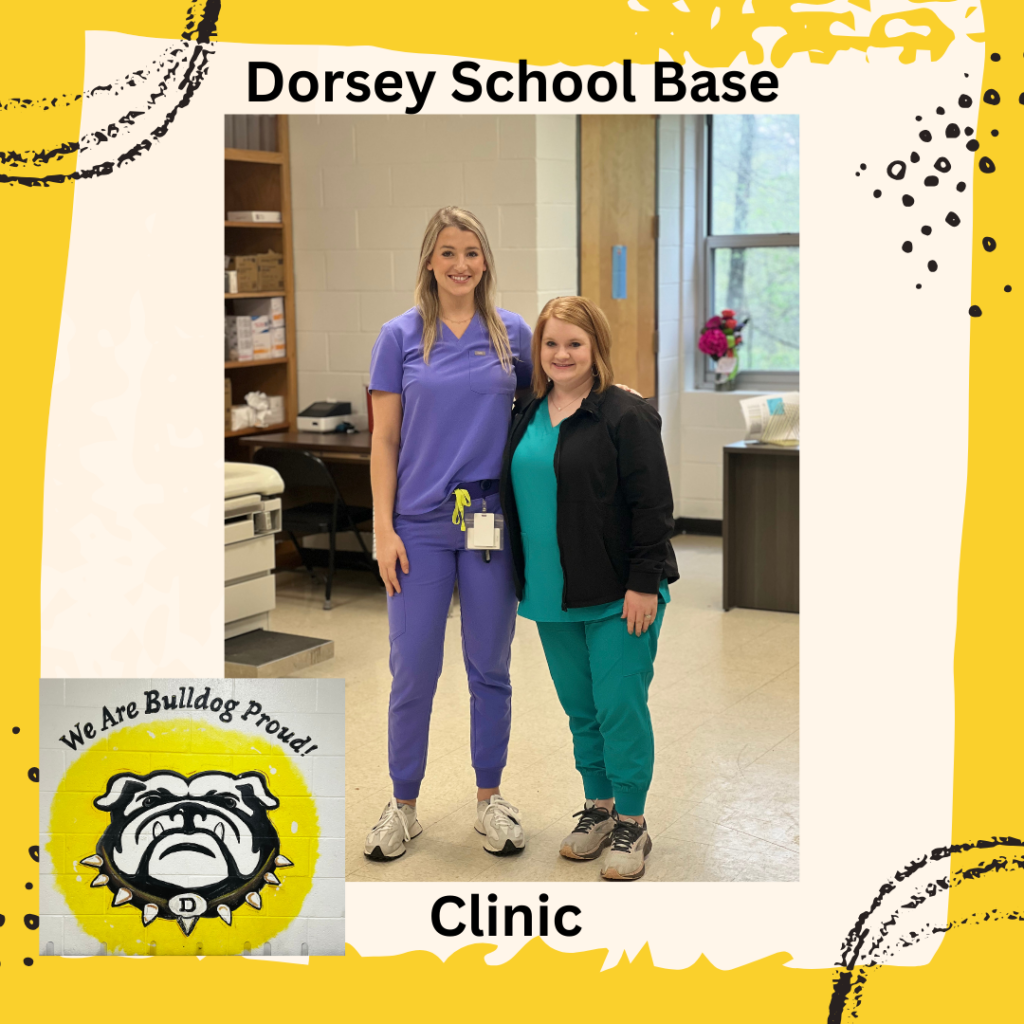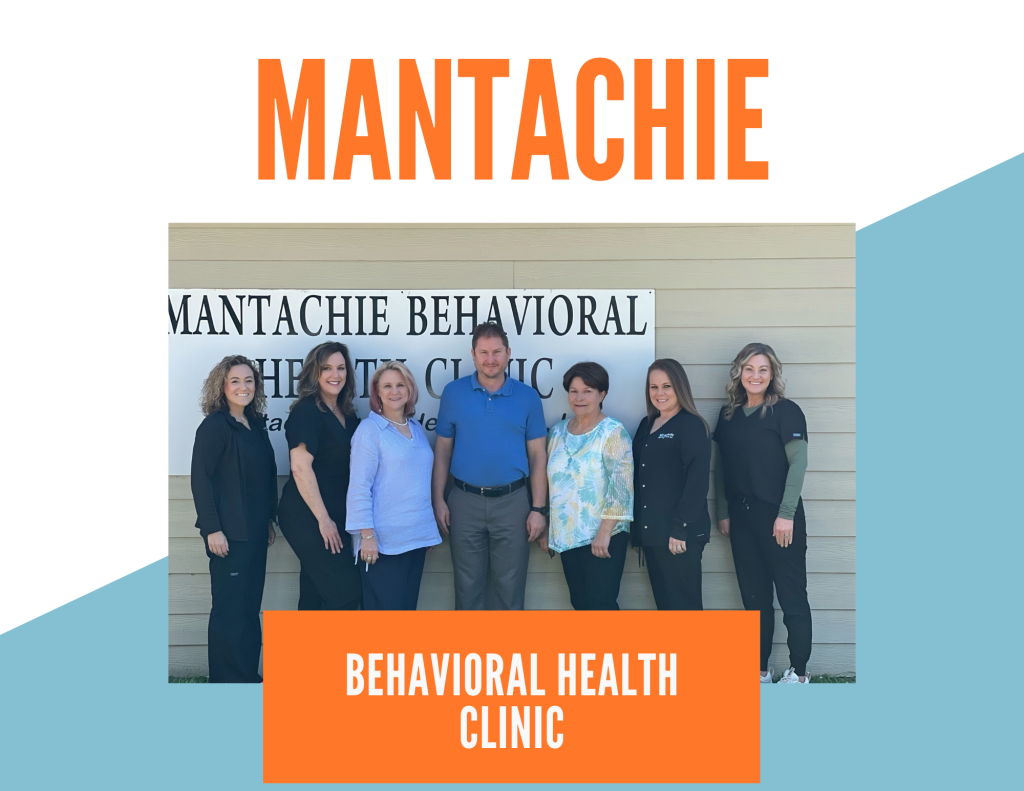“You are what you eat!” We’ve all heard that phrase at some point in our lives and thought it might sound silly, the phrase couldn’t be more true. What we eat influences our health greater than any other influences like our diet, lifestyle choices, and environmental factors. The foods we consume affect every part of our bodies from our brains to our bones. Diet choices can lead to certain health conditions or make them worse. Type II diabetes is a great example of a health condition affected by food choices. Another serious disease your diet can lead to is cancer. That’s right. Your daily food choices affect your cancer risk.
How Unhealthy Food Choices Affect Your Cancer
Science and the medical community still have many unanswered questions about the links between food choices and cancer. One link we are sure of is between red or processed meat and cancer. Consuming any amount of processed meat and more than eighteen ounces of red meat each week strongly influences your cancer risk. Red meats include beef, pork, or lamb. Processed meats include but are not limited to bacon, sausage, lunch meats, and hot dogs.
Processed sugar is another food strongly linked to higher cancer risk. Diets that are high in sugary beverages such as sodas, juices, and sports drinks, as well as processed sugary snacks like cookies and candies are bad for your health in a number of ways. Even “healthier” choices like granola and fruit and grain bars as well as “sugar-free” beverages are still high in sugar or artificial sweeteners.
What to Eat to Lower Your Cancer Risk
Healthy eating habits aren’t just good for your waistline, they can actually lower your risk of developing certain health conditions and diseases including cancer. A healthy diet is rich in plant-based foods, antioxidants, and dietary fiber. A healthy dinner plate is filled with colorful veggies and fruit, whole grains, and one protein-filled food like fish, poultry, or beans.
Plant-based foods are your best fighters against cancer and other diseases. These foods contain naturally occurring substances called phytonutrients. Phytonutrients include:
- Carotenoids, or carotenes, found in red, orange, yellow, and some dark green veggies
- Polyphenols, found in herbs, spices, veggies, tea, coffee, chocolate, nuts, berries, apples, onions, and other sources
- Allium compounds, found in chives, garlic, leeks, and onions
Plant-based foods are also rich in antioxidants. Antioxidants protect against oxidants, which cause cellular damage and increases your risk of cancer. Examples of antioxidants include beta carotene, selenium, and vitamins C and E. Other vitamins and minerals, such as calcium, iodine, and vitamins A, D, K, and B also contain antioxidants.
Dietary fiber is also essential for lowering cancer risks. Fiber helps nourish a healthy community of microbes, better known as microbiomes. Healthy microbiomes are linked to lower cancer risk. Foods that are high in dietary fiber include whole grains and seeds, whole-grain bread and pasta, beans, lentils, split peas, and fruits and veggies.
Shopping Tips for a Healthier Diet
Before we go, we’ll leave you with a shopping tip for your next grocery store visit. Stick to shopping the outer aisles. Fresh foods like produce, meats, and dairy products are always found in the outer aisles or boundaries of grocery stores. The inner aisles are where you will find the majority of processed, sugary, and high-fat foods. The only inner aisles you should visit are aisles containing coffee, tea, and dry beans and peas. Don’t tempt yourself by visiting other inner aisles like the baking and snack aisles.
One more shopping tip for healthier eating habits is to make a list before you head to the grocery stores. Sure, you may remember to restock the milk and bananas but keeping a list will help you stay on track and away from impulse buys that often come with unhealthy food choices. If grocery pick-up or delivery is available in your area, consider these options, too. You can shop online according to your list without the temptations of unhealthy foods being all around you. Plus, pick-up and delivery will save you time that could be spent on cultivating a garden of fresh fruits and vegetables or preparing healthy meals for your family.
Have more questions about your diet and cancer risk? Your healthcare provider is an excellent source of information and advice. Annual wellness visits are the perfect time to discuss diet changes and health concerns with your provider. As an added bonus, patients of Mantachie Rural Health Care can request to speak with our registered dietitian during their appointment for no extra cost. Click here to request a visit with your Mantachie Rural Healthcare provider today.
.





